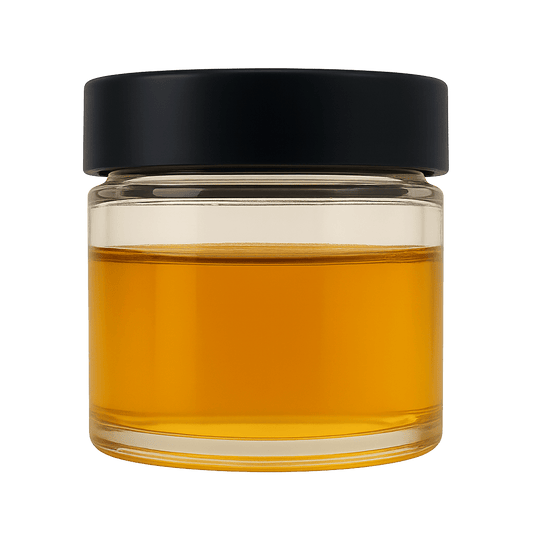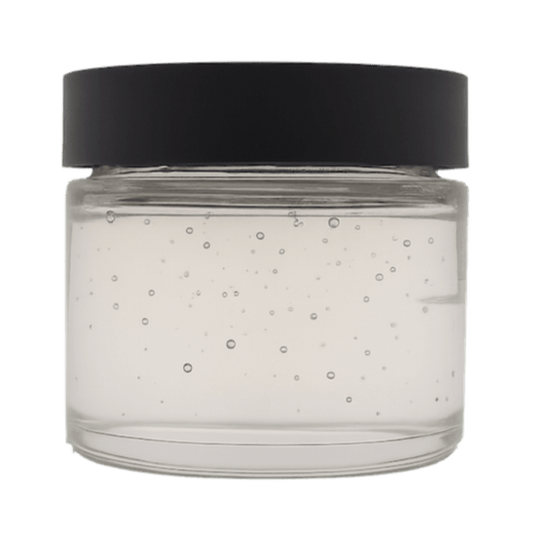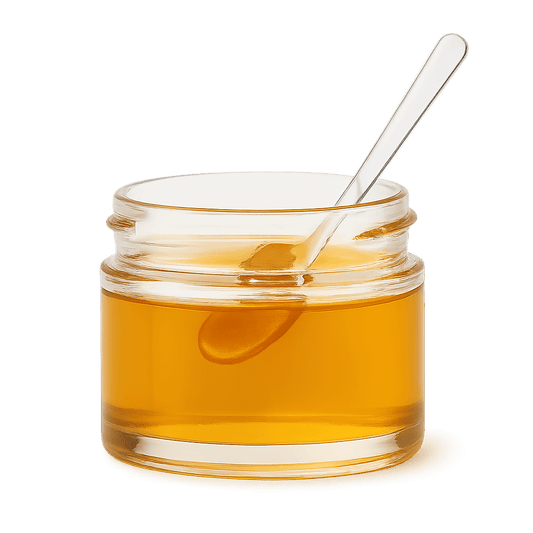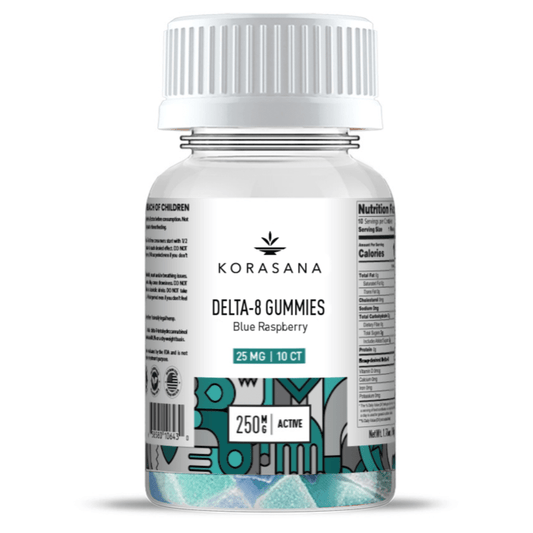Is Delta 8 THC Legal in North Carolina?
YES - Delta 8 THC is Legal in North Carolina
Delta-8 THC is legal in North Carolina. It became legal as a result of the 2018 Farm Bill, which legalized hemp-derived products. In North Carolina, as long as Delta-8 is derived from hemp and contains less than 0.3% Delta 9 THC, it is legal. This means consumers in North Carolina can legally purchase Delta 8 products, such as gummies, vapes, tinctures, and flowers, provided they meet these criteria.
Legal Status of Delta 8 in North Carolina
In the United States, the legal status of Delta 8, a cannabinoid found in cannabis, varies by state and is significantly influenced by federal law. The 2018 Farm Bill, formally known as the Agriculture Improvement Act of 2018, plays a crucial role in the legality of hemp-derived products, including D8 THC.
The 2018 Farm Bill
The 2018 Farm Bill is a pivotal piece of federal legislation that legalizes hemp and hemp-derived compounds, extracts, and derivatives, provided they contain no more than 0.3% Delta-9 tetrahydrocannabinol (THC) on a dry weight basis. This distinction between hemp and marijuana is crucial because it makes certain products derived from hemp, such as CBD and Delta 8, federally legal if they comply with the THC concentration limit.
Delta-8 Legality in North Carolina
In North Carolina, the legal status of Delta-8 aligns with the federal guidelines established by the 2018 Farm Bill. This means that Delta 8 products are legal in North Carolina as long as they are derived from hemp and contain less than 0.3% Delta-9 THC. The North Carolina state law does not explicitly ban or restrict Delta-8 THC, allowing for the legal sale and possession of hemp-derived Delta-8 products.
SENATE BILL 352 -SECOND EDITION.
AN ACT REVISING THE NORTH CAROLINA CONTROLLED SUBSTANCES ACT.
§ 90-87. Definitions.
(13a) “Hemp” means the plant Cannabis sativa (L.) and any part of that plant, including the seeds thereof and all derivatives, extracts, cannabinoids, isomers, acids, salts, and salts of isomers, whether growing or not, within a Delta 9 concentration of three-tenths percent (0.3%) on a dry weight basis.
(13b) “Hemp extract” means an extract from hemp, or a mixture or preparation containing hemp plant material or compounds, within a delta-9 THC concentration of three-tenths percent (0.3%) on a dry weight basis.
(13c) “Hemp product” means any product within a delta-9 concentration of three-tenths percent (0.3%) on a dry weight basis derived from, or made by, processing hemp plants or plant parts, that are prepared in a form available for commercial sale, including, but not limited to, cosmetics, personal care products, food intended for animal or human consumption as approved by the United States Food and Drug Administration or the United States Department of Agriculture, cloth, cordage, fiber, fuel, paint, paper, particleboard, plastics, and any product containing one or more hemp-derived cannabinoids, such as cannabidiol. “Hemp product” does not include smokable hemp.
(16) “Marijuana” means all parts of the plant of the genus Cannabis, whether growing or not; the seeds thereof; the resin extracted from any part of such plant; and every compound, manufacture, salt, derivative, mixture, or preparation of such plant, its seeds or resin, but shall not include the mature stalks of such plant, fiber produced from such stalks, oil, or cake made from the seeds of such plant, any other compound, manufacture, salt, derivative, mixture, or preparation of such mature stalks (except the resin extracted therefrom), fiber, oil, or cake, or the sterilized seed of such plant which is incapable of germination. The term “marijuana” also includes smokable hemp.
The term does not include hemp, when in the possession, custody, or control of a person who holds a license permitting that person to cultivate or handle hemp; hemp products; or hemp extracts. A licensed cultivator or licensed handler may possess raw hemp plant material for the purpose of (i) selling the raw hemp plant material to a licensed handler or a person who may legally receive the raw hemp plant material in that person’s jurisdiction or (ii) processing the raw hemp plant material into a hemp product or hemp extract.
SECTION 6. G.S. § 90-94. Schedule VI controlled substances.
This schedule includes the controlled substances listed or to be listed by whatever official name, common or usual name, chemical name, or trade name designated. In determining that such substance comes within this schedule, the Commission shall find: no currently accepted medical use in the United States, or a relatively low potential for abuse in terms of risk to public health and potential to produce psychic or physiological dependence liability based upon present medical knowledge, or a need for further and continuing study to develop scientific evidence of its pharmacological effects.
The following controlled substances are included in this schedule:
(1) Marijuana.
(2) Tetrahydrocannabinols, except for tetrahydrocannabinols in hemp products or hemp extracts.
(3) Repealed by Session Laws 2017-115, s. 8, effective December 1, 2017, and applicable to offenses committed on or after that date.
Regulatory Oversight
While Delta-8 THC is legal under certain conditions, it is important to note that the market for Delta-8 and other hemp-derived products may still be subject to regulatory oversight. This oversight can include labeling requirements, restrictions on sales to minors, and other consumer protection measures. The goal of such regulations is to ensure product safety and consumer well-being.
Conclusion
Delta-8 THC is legal in North Carolina, provided it adheres to the federal legal framework established by the 2018 Farm Bill. Consumers and businesses must ensure that Delta-8 products are derived from hemp and do not exceed the 0.3% Delta-9 THC threshold to comply with both federal and state laws. The legal landscape is subject to change, so it's important for stakeholders to stay informed about any legislative updates or regulatory changes that could affect the status of Delta-8 THC.
For the most accurate and up-to-date information, it is advisable to consult North Carolina's state laws and regulations or seek legal counsel. This approach ensures compliance with the current legal framework governing Delta-8 THC and other hemp-derived products
The information provided on this website does not, and is not intended to, constitute legal advice or any statements regarding the status of any laws. The information, content, and materials present on this site are for general informational purposes only and should not be relied upon for any specific purpose. Laws vary across different states and are subject to change. Therefore, information on this website might not reflect the most recent legal or other developments. Read our full legal disclaimer HERE.






